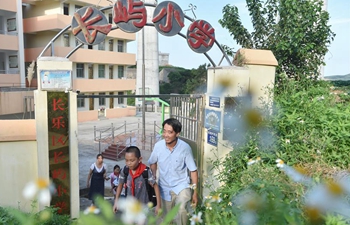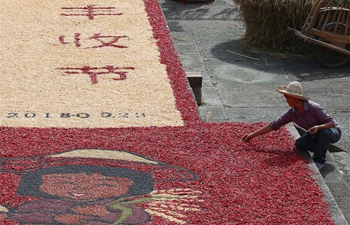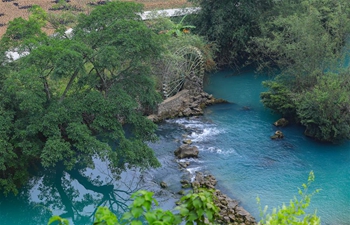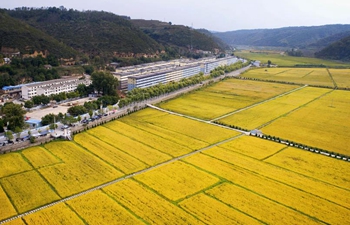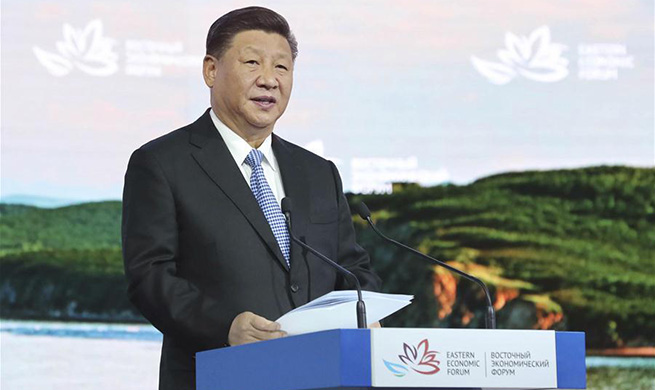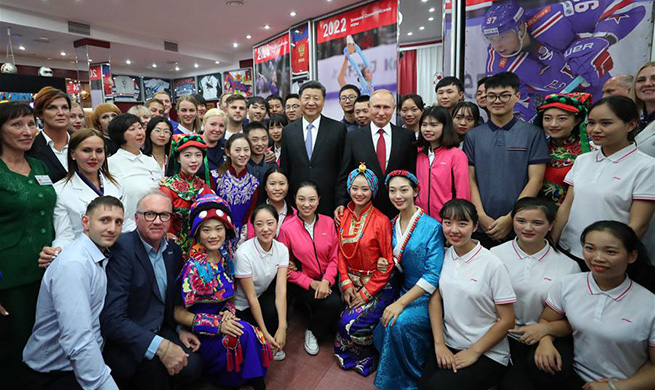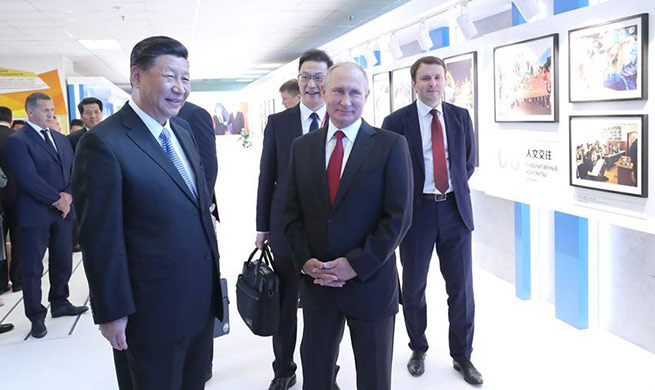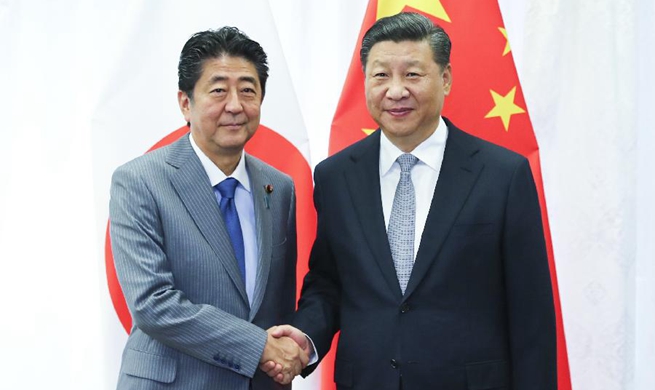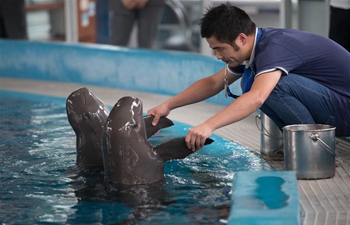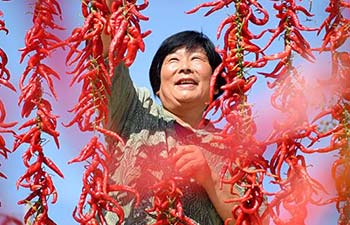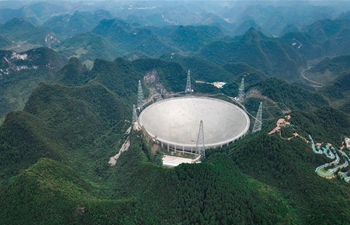ADDIS ABABA, Sept. 13 (Xinhua) -- Warring factions in South Sudan on Wednesday evening finally signed a revitalized peace agreement in the Ethiopian capital, Addis Ababa as the outbreak of the civil war inches towards its fifth anniversary.
Festus Mogae, the outgoing Chairperson of the Joint Monitoring and Evaluation Commission (JMEC), said the South Sudan peace process has gone through different capitals in the region and has overcome many challenges to reach this point where warring parties have signed the "final" peace deal of a long peace process.
Established after the signing of the shattered August 2015 peace agreement, JMEC is entrusted with monitoring and overseeing all aspects of the implementation of the pact. The former Botswana president has been at the helm of the peace monitoring body since November 2015.
A peace deal signed in August 2015 between the rival leaders under UN pressure led to the establishment of a transitional unity government in April 2016, but was shattered by renewed fighting in July the same year.
"Today we concluded with a more inclusive peace agreement, this revitalized agreement, if well implemented promises sustainable peace and prosperity in the Republic of South Sudan," said Mogae.
"It's my earnest hope that the signing of the revitalized agreement will herald a new chapter for the Republic of South Sudan, I also appeal to my South Sudanese brothers and sisters, cap in hand especially the leaders of these parties not to squander this opportunity again," said Mogae.
Mogae's words were echoed by Ethiopian Prime Minister Abiy Ahmed who is currently chair of the east African body Intergovernmental Authority on Development (IGAD) which has largely been responsible for South Sudan peace talks ever since civil war broke out in the world's newest nation in December 2013.
"The eyes of the world are upon us as the South Sudanese leaders commit upon us for reconciliation and lasting peace in their country. Lasting peace requires the commitment of every one of us to work in earnest for more peaceful, democratic, unified South Sudan." said Ahmed.
While Mogae and Ahmed stressed the latest round of South Sudan peace talks and peace agreement should be an opportunity not to be missed for the war ravaged country, Mahboub Maalim, Executive Secretary of IGAD, said there are practical reasons to believe why Wednesday's peace agreement will stick.
"One, the consultation process was much more wider. Two, there has been more factions this time who are invited and who are embraced as people who have a say in the process. Three there has been a diversified input by each member of IGAD," Maalim told Xinhua.
Since the outbreak of civil war in South Sudan in December 2013, fueled by personal and ethnic rivalries, it's estimated tens of thousands of people have been killed and nearly four million displaced, creating one of the world's most pressing humanitarian crises.
